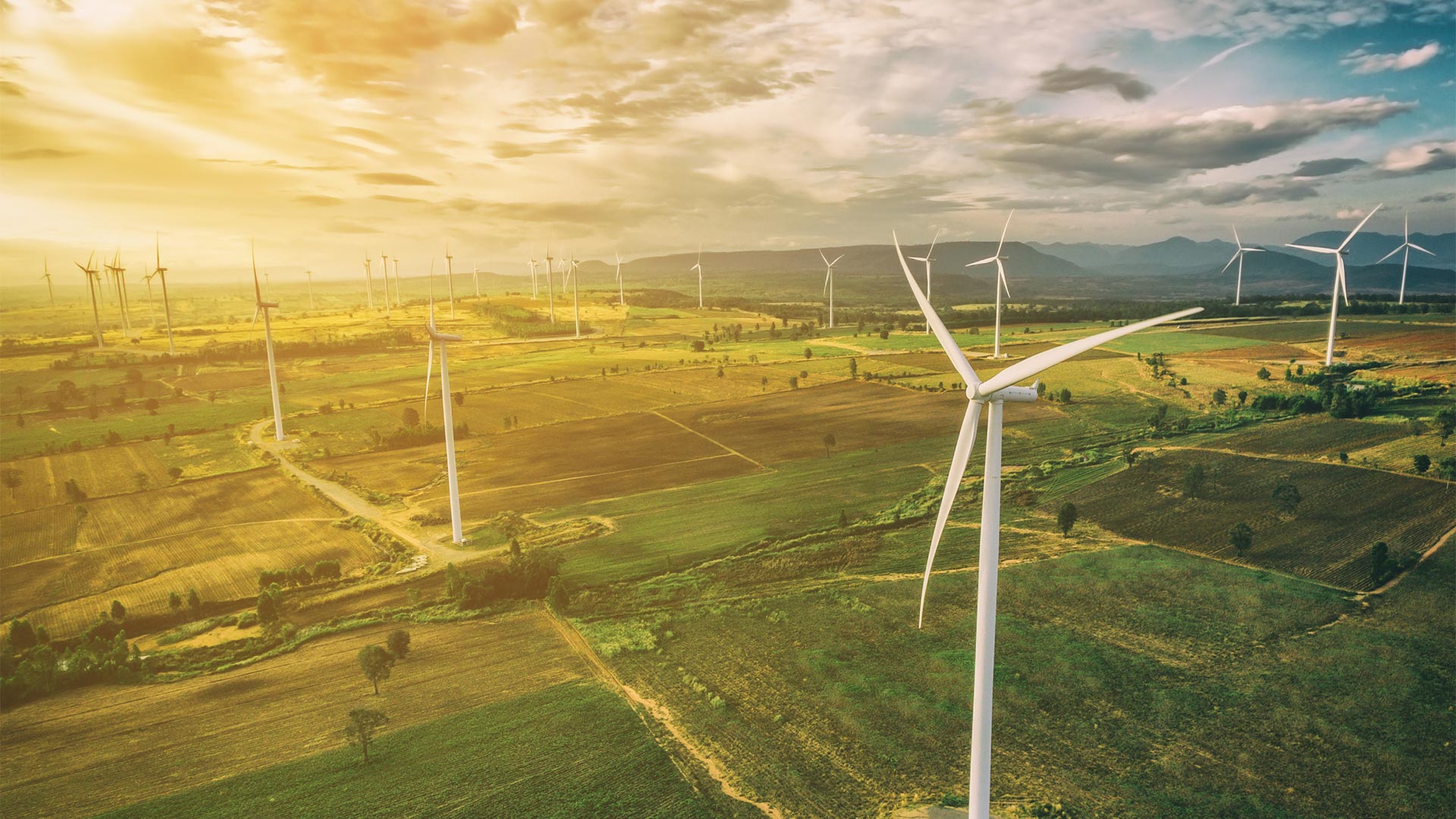
In recent years, the focus on sustainability has been growing in popularity across the globe. With treasurers facing increasing pressure to imbed sustainability principles to support and drive their corporate’s strategy, the sustainability agenda sees no sign of abating. In the latest podcast with Treasury Today, we caught up with two pioneers leading the sustainability charge – HSBC and the Republic of Seychelles.
Listen to the podcast
What exactly is sustainability from a treasury point of view?
According to Lance Kawaguchi, Managing Director, Global Head – Corporates (Global Liquidity and Cash Management) at HSBC, sustainability means being aware of environmental, social and economic influences, and building for the future without compromising on the resources and ability of future generations to meet their needs.
“Sustainability fits with ESG and CSR as both refer to taking responsibility to innovate, grow, and improve risk management – this will result in a more sustainable business,” he says.
Every major international business has an impact on people all over the world – from its customers, employees, suppliers and regulators, to its investors and the wider communities it serves.
“Being sustainable means recognising the importance of relationships with all these different groups while taking into account their needs and aspirations,” says Kawaguchi.
Looking after customers
For HSBC, its sustainability approach focuses on three main areas:
- Sustainable finance.
- Sustainable networks.
- Entrepreneurship and future skills.
“Within global liquidity and cash management, we are supporting the transition from paper to digital in an effort to reduce our carbon footprint and give time back to our clients through productivity gains,” he says.
The bank sees particular opportunities for its clients to embed sustainability best practices. Kawaguchi points out that one way for treasurers can move forward in this space is by actually focusing on opportunities in the supply chain.
“By reviewing their current supply chain and moving to more sustainable suppliers, treasurers can have a huge impact in reducing their organisation’s carbon footprint,” he points out. “Another way is to digitise and automate processes as much as possible. This may require an initial investment, but will realise long-term benefits.”
For Kawaguchi, being sustainable doesn’t mean that it’s not profitable – quite the opposite. “By reducing your key costs, and by making sustainable investment decisions, it can only increase your profitability margins.”
Looking after the environment
The beautiful archipelago of the Seychelles, with its miles of sandy beaches and crystal-clear waters, is heavily dependent on its tourism industry to survive. But in the face of climate change, it is its marine economy – particularly the fishing industry – which has come under major scrutiny in recent years.
“Both our tourism and marine economies are interlinked,” says Patrick Payet, the Republic of Seychelle’s Secretary of State for Finance, Trade, Investment and Economic Planning. “They are highly dependent on external markets, and particularly vulnerable to external factors.”
Payet makes the point that the economy of the Seychelles has experienced a high level of volatility and a loss of production in its fisheries over the last two decades. With the Seychelles’ ‘blue economies’ of high importance, it was imperative to ensure that its fishing industry, and tourism industry, remained resilient and future proofed.
“Because we are committed to supporting the development of a sustainable marine economy, we needed to issue a flagship transaction which would reflect not only our social and environmental responsibilities but achieve competitive pricing at the same time”.
The solution?
In October 2018, Payet and his team went to the capital markets, and successfully issued a US$15m ten-year ‘Blue Bond’. 100% of the proceeds were earmarked for supporting the development of a sustainable marine economy.
“We obtained optimal terms by using the World Bank guarantee, which helped us to achieve more competitive pricing,” says Payet. All of the proceeds from the bond will contribute to the World Bank’s South West Indian Ocean Fisheries Governance project. “This supports all countries in the region to sustainably manage their fisheries resources and increase economic benefits,” he added.
The ‘Blue Bond’ will see a number of key benefits – it will help to raise employment and conserve its marine resources, which has had a knock-on impact for operators in the tourism industry. As Payet concludes: “Despite all of these benefits, ultimately it is the general population of the Seychelles that will see the biggest benefits from our healthier marine environment.”
In paving the way for future ‘blue issuance’ to help protect our oceans, the Republic of Seychelles was a worthy winner in the Best Sustainable Finance solution (Highly Commended) at this year’s Adam Smith Awards.